Stanford University Press Stanford, California
This edition published in the Taylor & Francis e-Library, 2010.
To purchase your own copy of this or any of Taylor & Francis or Routledges collection of thousands of eBooks please go to www.eBookstore.tandf.co.uk.
1985 by the Board of Trustees of the Leland Stanford Junior University
CIP data appear at the end of the book
ISBN 0-203-84465-3 Master e-book ISBN
Preface
This book is a fictionalized account of a four-year stay in a Japanese country valley. I first visited the Oni valley in April 1977, and stayed there for two years while I conducted fieldwork for my doctoral dissertation in social anthropology at the School of Oriental and African Studies, London (now published as Lost Innocence: Folk Craft Potters of Onta, Japan, University of California Press, Berkeley, 1984). After a year and a half back in England, we returned to the valley for a further two years. During part of this time, I was doing post-doctoral research on the production, marketing, and aesthetics of art pottery in Japan.
I would like to thank the Japan Foundation, the School of Oriental and African Studies, and the Social Science Research Council of Great Britain for helping fund various parts of these two fieldwork periods. Although I doubt whether the contents of the work presented here are quite what the relevant committees of these institutions anticipated when they decided to grant me financial aid, I hope that they will not be too disappointed by the tale I have to tell.
I owe also a great deal to a number of my colleagues at the School of Oriental and African Studies. In particular, I would like to express my gratitude to Adrian Mayer and David Parkin for their sympathy and understanding during the second period of fieldwork.
My greatest debt, however, is to a large number of Japanese friends and acquaintances who went out of their way to help me during the course of our long stay in Japan. Without their continued encouragement and support at a time of extreme stress, neither my wife, Ky

ko, nor I could have managed as we did. At this stage, I think it wiser not to mention any names, but I would like to thank them all the same, secure in the knowledge that they know to whom I address these words.
My reader may well be wondering what can have occasioned all this talk of debt and gratitude, of sympathy and understanding, of encouragement, support, and stress. A brief word of explanation and some comments are in order here. On June 1, 1981, my elder son, Alyosha, dived into, and hit his head on the bottom of, the swimming pool at his primary school in the valley in which we lived. As a result, he suffered a compressed fracture of the third and fourth bones in his neck, as well as further damage to the first and second bones. Although the accident occurred during the hours of compulsory school education, and although Alyosha did as instructed by his swimming teacher, neither the school nor the local Education Authority was prepared to take responsibility for it. Consequently, I was forced to file a suit for damages in a Japanese court of law, which on February 20, 1985, eventually found in our favor. The case, however, has been appealed to a higher court and is still sub judice.
What I wish to make clear here is that I do not blame Japanese bureaucracy for all that happened to us. Rather, I blame bureaucracy as such. The mixture of half-truths and downright deceit, the social and psychological pressures that we were made to endure for more than a year, these I now realize are the tactics employed by bureaucrats all over the world. Although, in my more uncharitable moments, I suspect that the Japanese have mastered rather better than others the art of bureaucracy, and although I may sound somewhat embittered in the later stages of this book, I wish my reader to realize that it is with the system as a whole, rather than with the particular instance of my sons accident, that I am so dissatisfied. One of the more unpleasant aspects of so-called civilization and progress is that we seem less and less prepared to take responsibility for our words and deeds. There is something to be said perhaps for commitment in anthropology.
This book is dedicated to my family. I hope that one day Alyosha and Maya will read it and understand why their parents acted as they did, and why they chose ultimately not to go native and live forever in the Oni valley, for theirs was a childrens world of almost total happiness. The lost innocence this time is mine alone.
Brian Moeran
Introduction
Modern anthropology has been founded on the idea that its practitioners should experience another culture in the raw. Fieldwork has become a sacred rite by which graduate students are initiated into the academic fraternity of those who have themselves experienced what it means to struggle toward an understanding of how other peoples think and behave. Like most students of anthropology, I kept a personal journal during my stay in the Oni valley, and it is the three diaries completed there that provide the material for this book.
Just over six and a half centuries ago the Buddhist priest Yoshida Kenk

wrote in his
Tsurezuregusa: Is it because the truth is so boring that most stories one hears are false? People tend to exaggerate even when relating things they have actually witnessed, but when months or years have intervened, and the place is remote, they are all the more prone to invent whatever tales suit their fancies, and, when they have been written down, fictions are accepted as fact.
Somewhat more recently, it has been suggested that fieldwork is misrepresented by memory and that soon nothing but the good times of fieldwork remain with at most awkward islands of unreduced misery that cannot be forgotten or submerged in the general euphoria. I would like to assure my readers (I use the plural optimistically) that what is related here is neither false nor misrepresented by memory. I have, however, chosen to make this work fictional for two reasons. First, I wish to protect some of the people living in the Oni valley with whom I have had the pleasure of shar
*Essays in Idleness, tr. Donald Keene (New York, 1967), p. 64.
Nigel Barley, The Innocent Anthropologist: Notes from a Mud Hut (London, 1983), p. 8.
ing four years of my life. Second, and perhaps more important, I wish to protect myself, for the objective truth of some of the events described here is being contended in a Japanese court of law. What I wish to emphasize, however, is that everything related in this book actually happened. All I have chosen to do is to amalgamate two or three living people into single characters and to play such havoc with local geography that, in the end, I was forced to draw up a chart on the wall to remind myself of who was who and what was where.


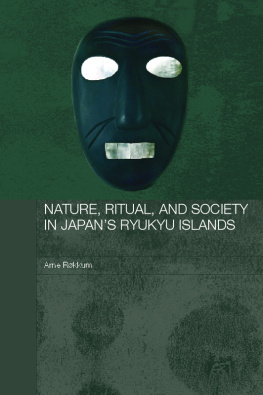
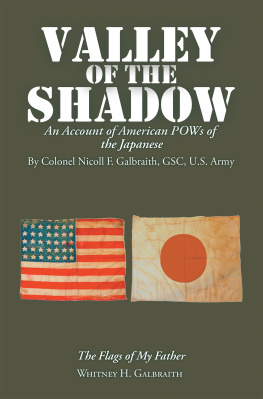

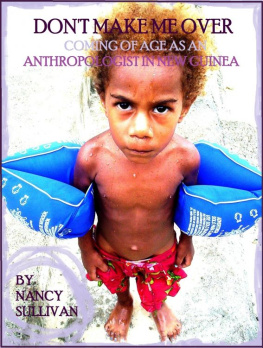
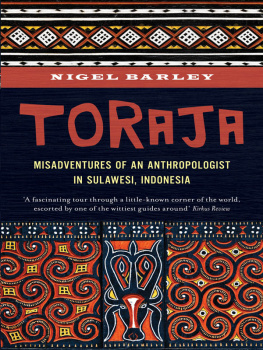
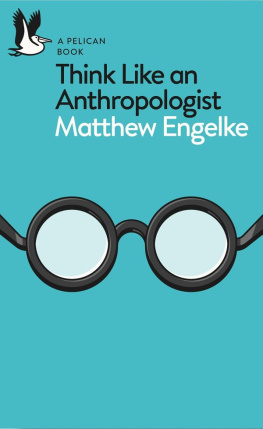
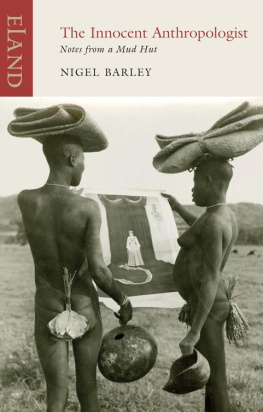


 kubo Diary
kubo Diary KUBO DIARY
KUBO DIARY
 ko, nor I could have managed as we did. At this stage, I think it wiser not to mention any names, but I would like to thank them all the same, secure in the knowledge that they know to whom I address these words.
ko, nor I could have managed as we did. At this stage, I think it wiser not to mention any names, but I would like to thank them all the same, secure in the knowledge that they know to whom I address these words.
 wrote in his Tsurezuregusa: Is it because the truth is so boring that most stories one hears are false? People tend to exaggerate even when relating things they have actually witnessed, but when months or years have intervened, and the place is remote, they are all the more prone to invent whatever tales suit their fancies, and, when they have been written down, fictions are accepted as fact.
wrote in his Tsurezuregusa: Is it because the truth is so boring that most stories one hears are false? People tend to exaggerate even when relating things they have actually witnessed, but when months or years have intervened, and the place is remote, they are all the more prone to invent whatever tales suit their fancies, and, when they have been written down, fictions are accepted as fact.